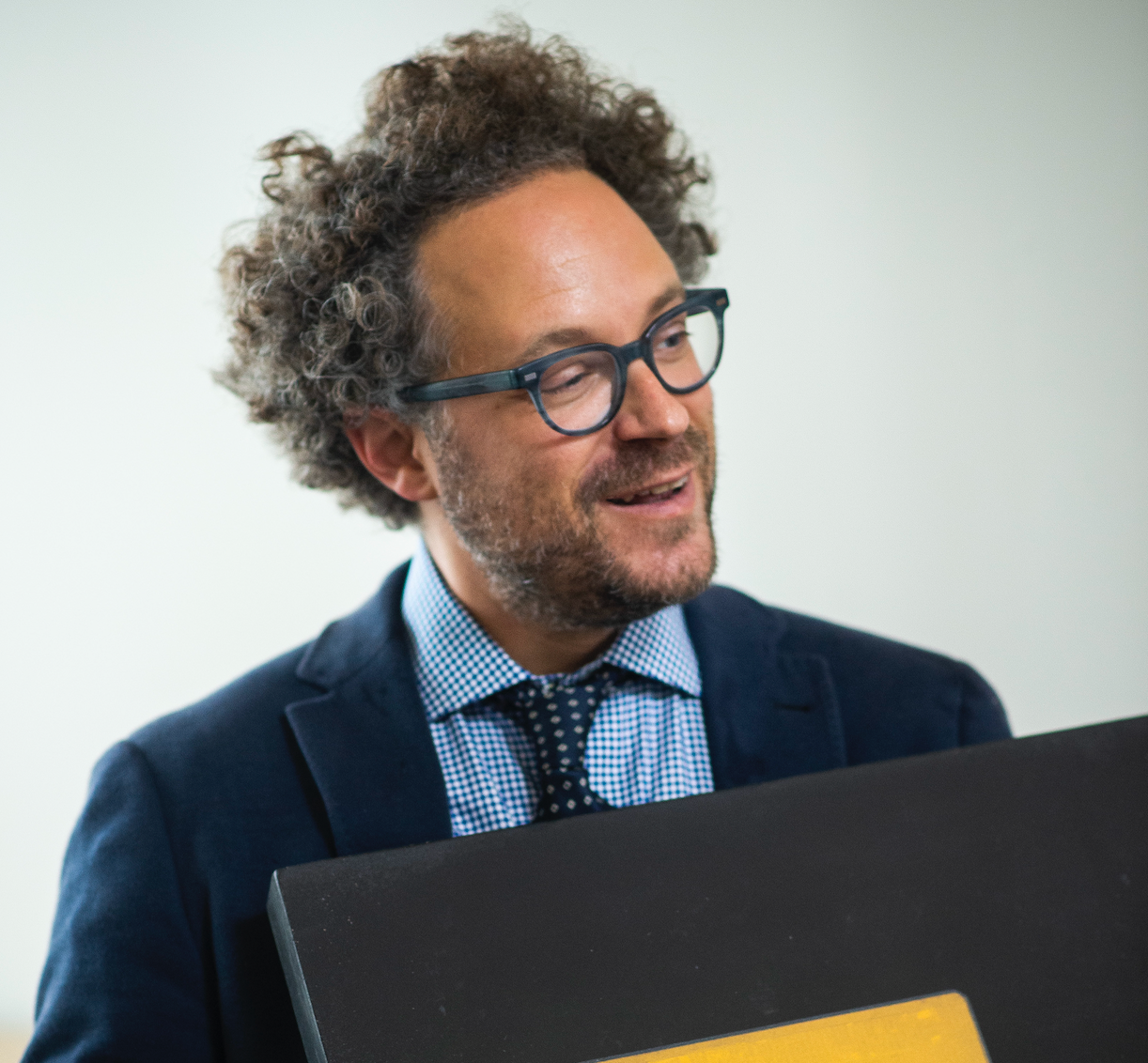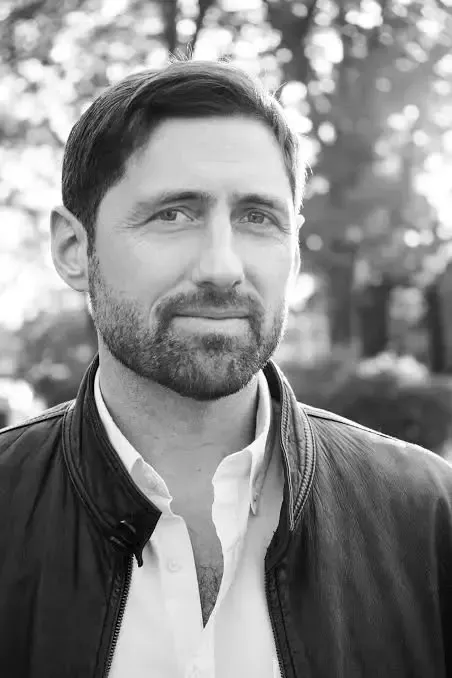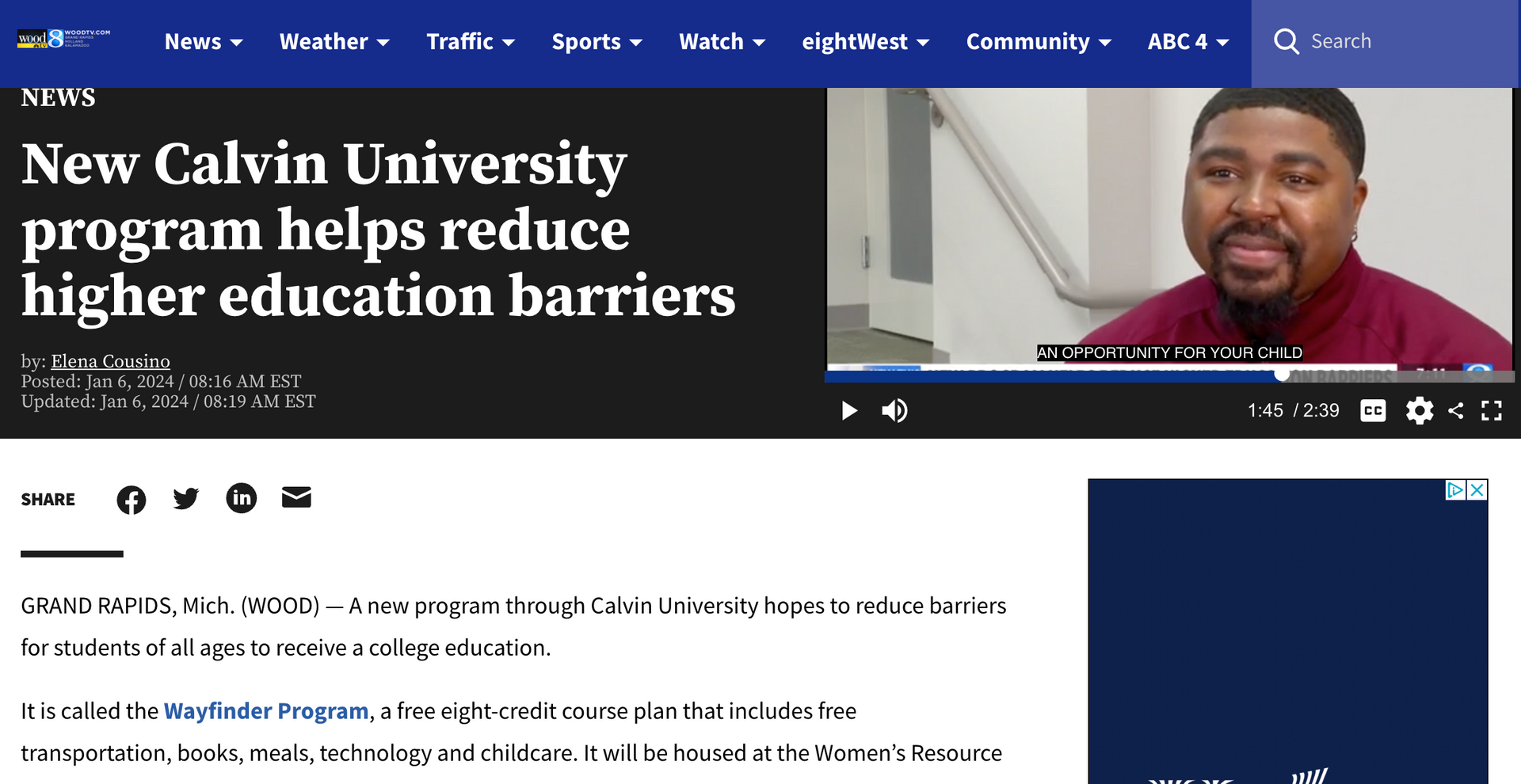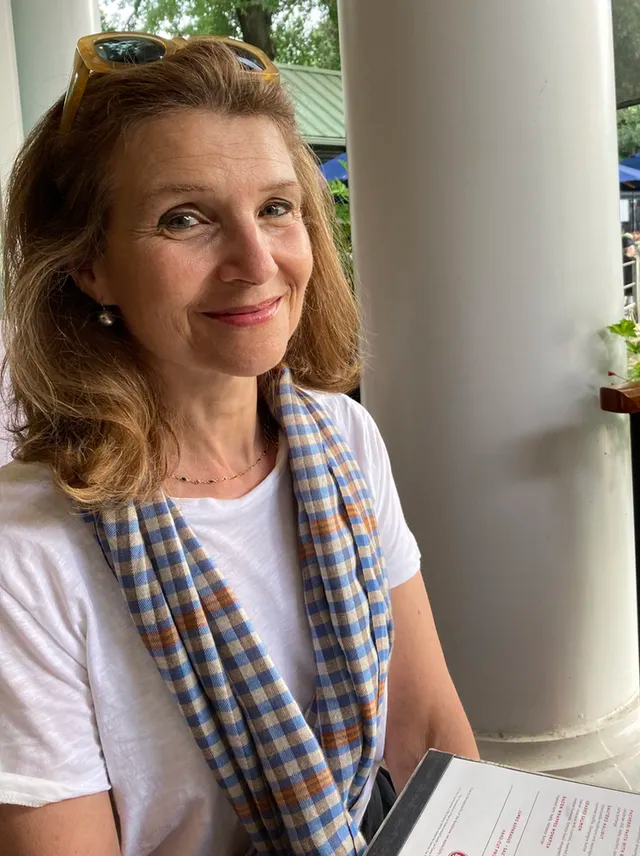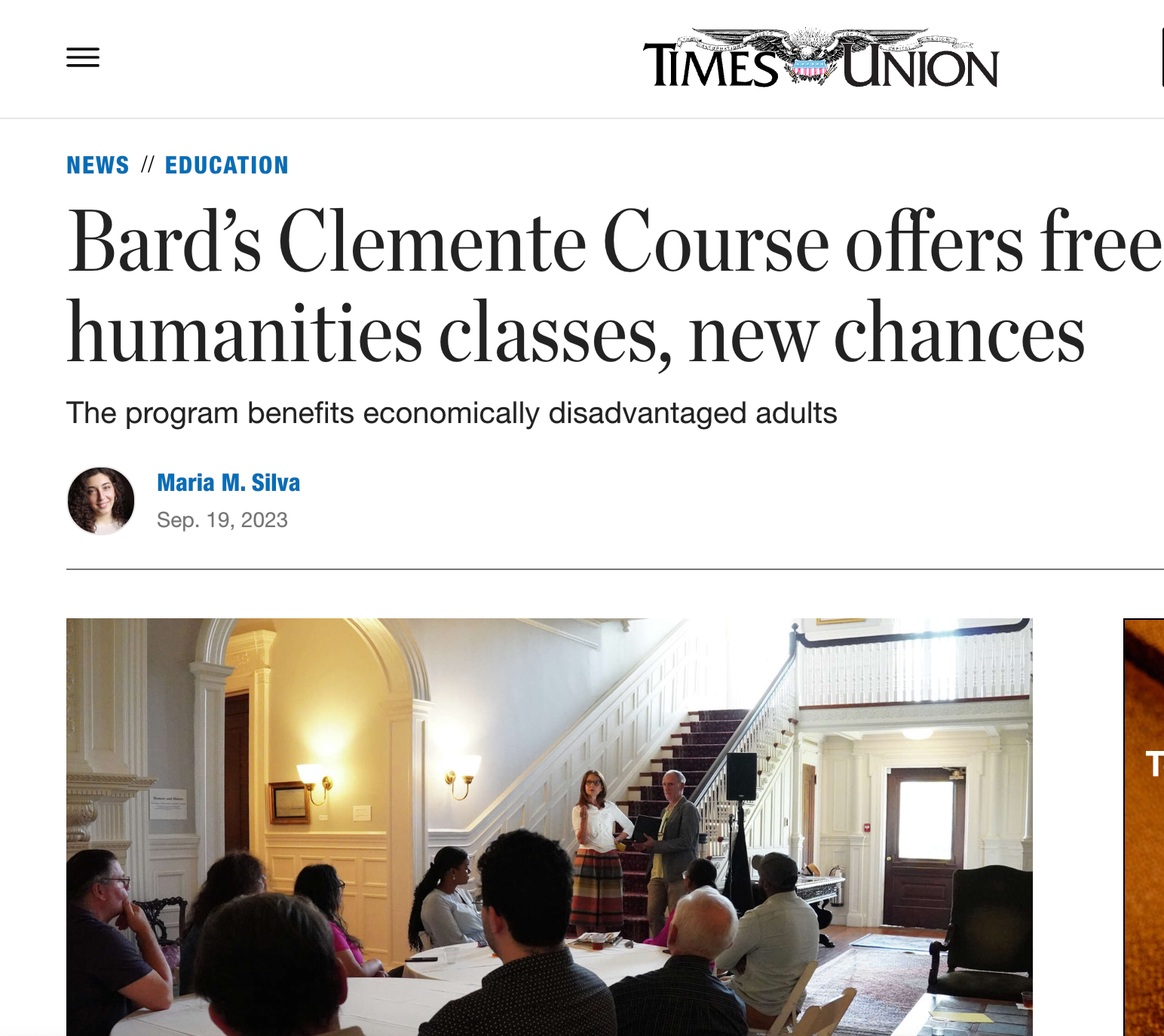At 78, Socrates Project Student Embarks on New Educational Experiences
In 2019, the Socrates Project was launched in Budapest, bringing a Clemente-inspired course to adults through the Central European University (CEU). The program has since added classes in Vienna and Berlin. In this profile, reprinted with permission from the CEU , we meet Emőke Csipke-Hargittay, a student in the first Socrates class whose life story bridges the U.S. and Europe.
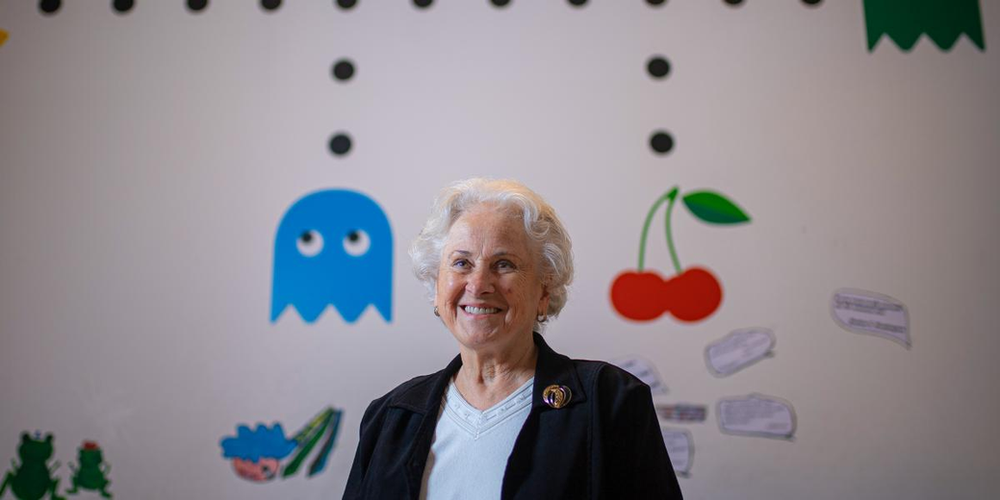
Emőke Csipke-Hargittay hesitated before applying to the Socrates Project, an initiative at CEU offering free university-level courses in the humanities and social sciences to those who have not had a chance to study earlier. At 78, she thought she might be too old to take a class on ideologies and public goods – but having finished the course, she now sees it as an inspiration and plans to take another one in the spring. We spoke to her on the occasion of the closing ceremony marking the end of the first Socrates courses on the CEU campuses in Budapest, where Csipke-Hargittay studied, and Vienna.
Why did you apply to the Socrates Program? My mother used to say learning is the only thing no-one can take away from us. Many times I told my children that if I could live my life over, I would finish college. My son called my attention to the Socrates courses. I hesitated for a while – won’t I make a fool of myself at this age?
What was the experience like? Was it the way you had expected it to be? Learning and critical thinking have always been important to my family. At first, I just thought of it as a challenge to be among people of different ages, backgrounds, life experiences. Attending the classes filled me with fresh vitality. The lectures were inclusive, required critical thinking, discussions were lively and interesting. From the first day I felt part of a friendly and diverse group. Now I'm reading things I never thought I'd be interested in. Although at the age of 78 my thoughts formalize slower than the younger people’s, I am learning new expressions, phrases, thinking about the various ways in which things can be interpreted. Tell us a little about yourself - why did you move to the US a long time ago, and back to Hungary more recently? Did you attend university earlier? We lived in Budapest, on Erzsébet körút. In 1956, revolution was all around us. We marched, built barricades. On November 4, our mother set up a first aid station for about 12-15 freedom fighters, 2 of whom were shot dead through the window. We then felt we have to leave ‘for a while’ – only until the Russians left the country. Well, that took decades, but in our hearts we always knew we would come back someday.
I worked full time all of my adult life, so I could not attend college during the day, and only took courses in the evenings. This left a void in me. Therefore, I went back to college in my forties, next to working and also being a mother to my children, but I didn’t get a degree.
What was it like to return to Hungary? Did you experience a culture shock? Have you gotten used to life in Budapest since then?
My husband and I always planned to move home after retiring. We visited my in-laws several times over the years - it was important for our children to know them as well as their heritage. Thirteen years ago I made a very daring step, I moved home alone as a widow after 52 years in the US.

No, there was no culture shock, but some disappointment. I so wanted to feel I am home, be part of everyday life, be an active citizen of my country. I realized I aged and changed. Looking in from outside is always different from what you find inside. People, generations, governments, ideologies change. Of course I reminisce a lot, I miss some things, but I am closer to my children who also left the US after completing their PhD’s in the U.K. Now I even jot down my feelings occasionally in my diary, which I started writing daily during the revolution as a child. Do you have any favorite moments from the Socrates course?
We were split in three groups (government, opposition parties, corporations) presenting plans to solve the evident clean water shortage facing the world. I was in the government group. After a heated argument between the governing and opposition parties, we came to 100% consensus to go with the more environmentally friendly, albeit less profitable solution. (A good lesson for all governments!)
Who would you recommend our courses to? Everyday people of every age from different social and ideological backgrounds. Open-mindedness is key. Also, I realized that at my age a thirst for knowledge, my ability for rational, critical thinking, and having an active open mind is more important than a diploma. The Socrates course has been an inspiration to me. Learning, like many other things we take for granted in life, should not be a privilege, yet many millions never get a chance to study.
